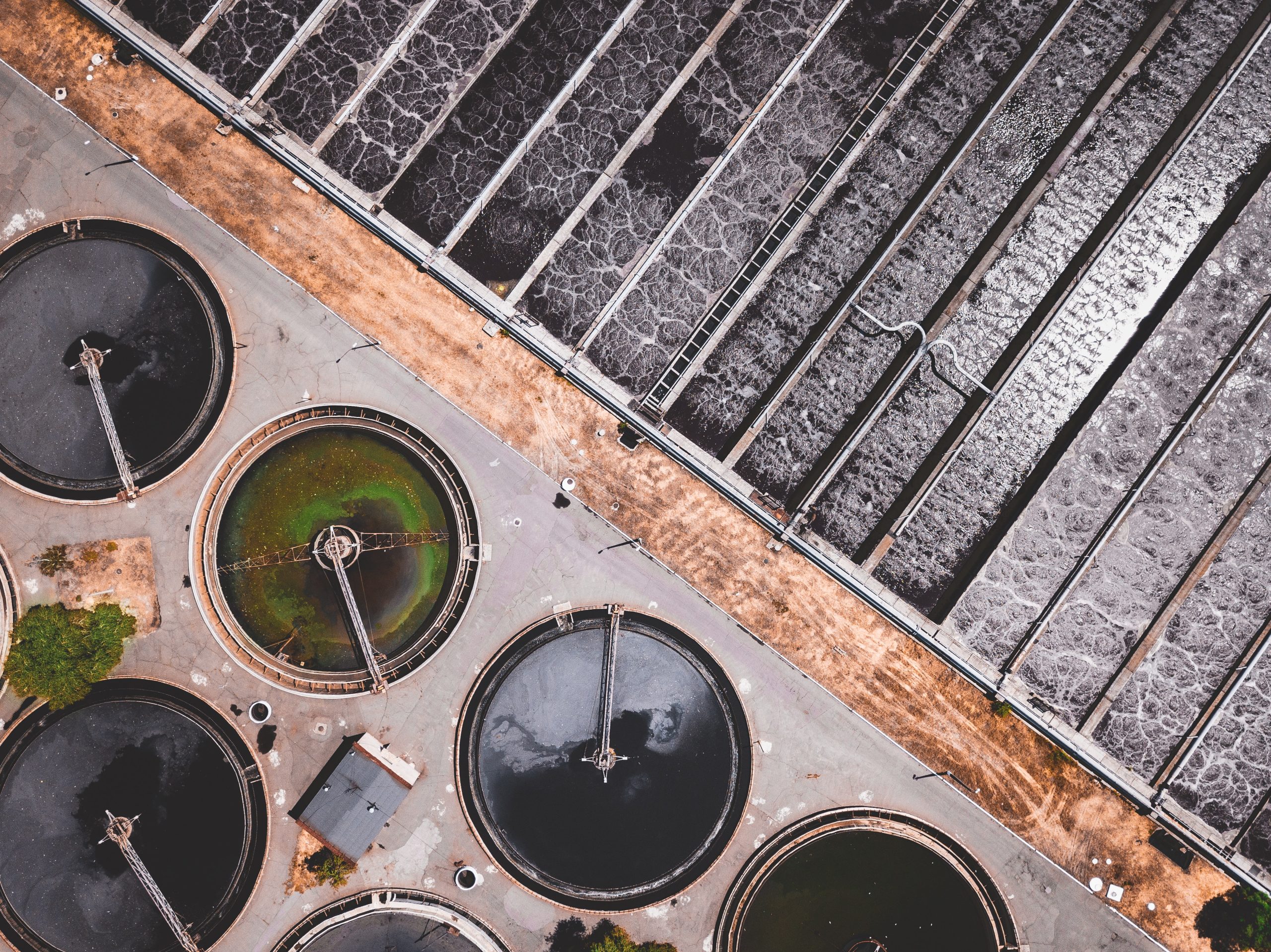In a world where resources are becoming scarce and environmental degradation is on the rise, innovative solutions are required to address these challenges. One such solution can be found in a small town in the UK called Bridgwater, where they are transforming wastewater into a sustainable resource.
The town is using an innovative approach to treat wastewater by converting it into fertilizer and water for irrigating plants. This approach not only reduces the environmental impact of wastewater but also contributes to sustainable agriculture and reduces the need for chemical fertilizers.
Bridgwater’s approach to wastewater treatment has attracted attention from researchers, policymakers, and environmentalists worldwide. In this article, we will delve into the details of this innovative project and explore its potential for solving some of the world’s most pressing environmental challenges.
Table of Contents
ToggleThe Need for Sustainable Wastewater Treatment
Wastewater treatment is a critical process that is necessary to protect public health and the environment. Wastewater treatment plants remove pollutants and contaminants from wastewater before releasing it back into the environment. However, traditional wastewater treatment methods are resource-intensive, and the treated water is often of low quality and not suitable for many uses.
Moreover, traditional wastewater treatment systems are a significant source of greenhouse gas emissions, contributing to climate change. Therefore, finding more sustainable and efficient ways to treat wastewater is crucial to meet the growing demand for freshwater, reduce the environmental impact of wastewater, and mitigate climate change.
Bridgwater’s Innovative Wastewater Treatment System
Bridgwater’s approach to wastewater treatment is based on the principles of the circular economy, which aims to reduce waste, reuse resources, and minimize the consumption of new resources. The town’s wastewater treatment system is designed to treat wastewater to a high standard and convert it into a valuable resource.
The wastewater treatment system consists of several steps. First, the wastewater is treated in a conventional treatment plant to remove solids and contaminants. Then, the treated water is further purified using a combination of technologies, including ultrafiltration, reverse osmosis, and disinfection.
After that, the purified water is used to irrigate plants in a nearby greenhouse, where it is also used to cool and humidify the air. The plants absorb nutrients from the water, and the excess water is collected and treated again to be reused.
The solid waste generated during the wastewater treatment process is used to produce organic fertilizer. The fertilizer is rich in nutrients and can be used to grow a variety of crops. This approach reduces the need for chemical fertilizers, which can have negative impacts on the environment and human health.
Potential Benefits of Bridgwater’s Wastewater Treatment System
Bridgwater’s innovative wastewater treatment system has several potential benefits, including:
Reduced environmental impact: The system reduces the amount of wastewater released into the environment and reduces the need for chemical fertilizers. This approach can help mitigate the environmental impact of wastewater and reduce pollution.
Sustainable agriculture: The organic fertilizer produced from the wastewater treatment process can be used to grow crops, contributing to sustainable agriculture and reducing the environmental impact of conventional agriculture.
Resource efficiency: The system is designed to reuse water and nutrients, minimizing the consumption of new resources and reducing waste.
Climate change mitigation: The system reduces greenhouse gas emissions by minimizing the need for traditional wastewater treatment methods that contribute to climate change.
Conclusion
Bridgwater’s approach to wastewater treatment is an innovative solution that addresses several environmental challenges, including the need for sustainable water use, reduced pollution, and sustainable agriculture. The system demonstrates the potential of the circular economy to transform wastewater from a waste product to a valuable resource.
As water scarcity and environmental challenges continue to increase, innovative solutions like Bridgwater’s approach to wastewater treatment is an innovative solution that addresses several environmental challenges, including the need for sustainable water use, reduced pollution, and sustainable agriculture. The system demonstrates the potential of the circular economy to transform wastewater from a waste product to a valuable resource.
As water scarcity and environmental challenges continue to increase, innovative solutions like Bridgwater’s wastewater treatment system will become increasingly important. The system has the potential to be replicated in other communities, contributing to a more sustainable and resilient future.
However, implementing such a system requires a significant investment in infrastructure and technology, as well as changes in attitudes towards wastewater. Moreover, the regulatory environment and public perception of wastewater reuse can be a significant barrier to adoption.
Therefore, policymakers, researchers, and environmentalists must work together to promote the adoption of sustainable wastewater treatment systems and create a supportive regulatory and public perception environment.In conclusion, Bridgwater’s approach to wastewater treatment is a remarkable example of how innovation and circular economy principles can transform waste into a valuable resource. The system has the potential to contribute to sustainable agriculture, reduced pollution, and climate change mitigation. As we continue to face environmental challenges, it is crucial to adopt such innovative solutions and promote a more sustainable and resilient future.







